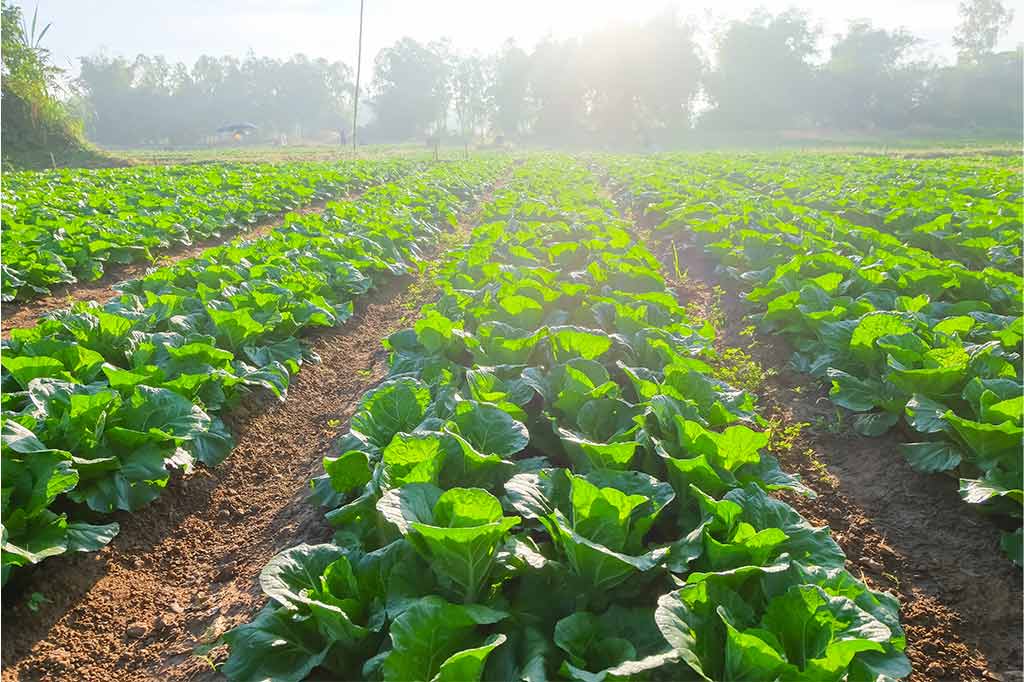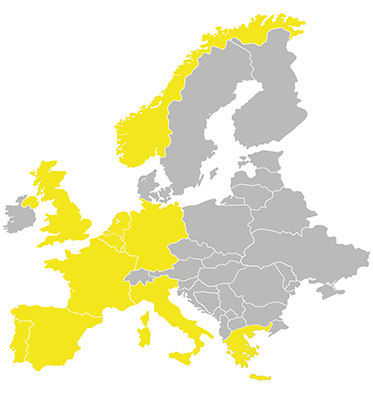
Dates:
- Competition closes: Wednesday 24 July 2024, 11:00 am
- Applicants notified: 29 August 2024
- Project start date & duration: start by 1 January 2025
Scope
Support for collaborative research and development projects with ambitious solutions to address the challenges related to nutrient management in soils and water associated with agricultural livestock and crop production. The solutions provided will enable sustainable and resilient farming.
Nutrient management involves using nutrients (both organic and manufactured) as efficiently as possible to maximise plant uptake, crop growth and yield. It also includes applying nutrients where and when they can be best utilised by plants, thereby combating run-off and soil erosion. Good nutrient management should increase productivity whilst protecting the environment by minimising nutrient loss. Projects must develop ambitious new solutions that:
- improve soil and water based nitrogen and phosphate nutrient management
- provide a positive impact on air quality and greenhouse gas emissions
- are applicable to manage nutrients from farm crop waste, from farm animal waste, or from fertilisers
- consider industrial and domestic wastes that are already used in agriculture
- lead to improvement of ground and river water quality
- reduce nitrogen, phosphate and sediment run-off and pollution
- Projects must focus on Livestock (monogastric or ruminant); and/or Plants ( broadacre, horticulture, fruit, vineyard, protected cropping and controlled environment and vertical farming systems
Projects that will not be funded
- are not addressing on farm utilisation of nutrients in plant or livestock sectors
- are forestry or equine specific /are novel food production systems
- involve wild caught fisheries or aquaculture for fish production or human consumption
- are for the production of crops or plants for medicinal or pharmaceutical use
- do not benefit farmers or growers in England/ are circular energy production specific
- are intended to process materials from new waste streams that are not currently used as soil nutrient sources in UK agriculture
- dependent on export performance or on domestic inputs usage
Eligibility
- Subsidy Control and EC State Aid funding rules apply
- Must be led by a UK registered business (for Industrial Research projects), academic institution or RTO. Collaborators must be other UK based organisations and include at least one business.
- You must be able to demonstrate how the project will benefit farmers or growers in England
- R&D work must be carried out in the UK and project results exploited from UK.
- Subcontractors are allowed, preferably UK-based, with appropriate and justified costs.
Funding Rates
- Feasibility Studies: £200,000 and £500,000, last between 12 and 24 months
- Industrial Research: £500,000-£1 million; last between 24 and 36 months
| Organisation size | Feasibility (TRL2-3) |
Industrial Development (TRL3-5) |
| Micro/small business | <70% | <70% |
| Medium sized business | <60% | <60% |
| Large business | <50% | <50% |
Research organisations in your consortium can share up to 30% of the UK total eligible project costs.
How PNO can support you
The UK team has a strong track record in securing some of the most competitive national and European grants on behalf of its clients, with a full understanding of how a project should be presented to stand the highest chance of success. Each year in the UK alone, we are responsible for the submission of more than 100 funding applications across all sectors and priority areas. Based on this extensive experience, through careful project selection and using key insight into how a project should be best positioned, we consistently achieve success rates that are more than 5 times the typical success rates for UK national schemes and EU programmes.




